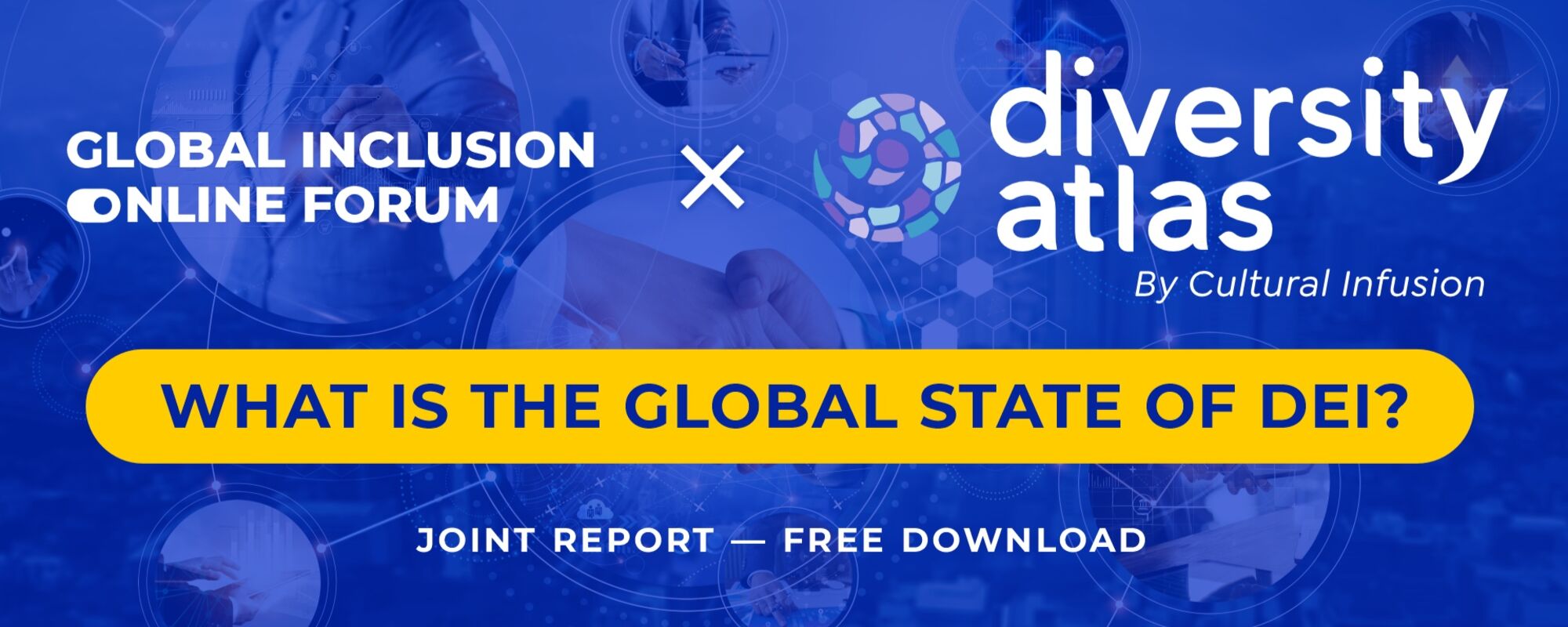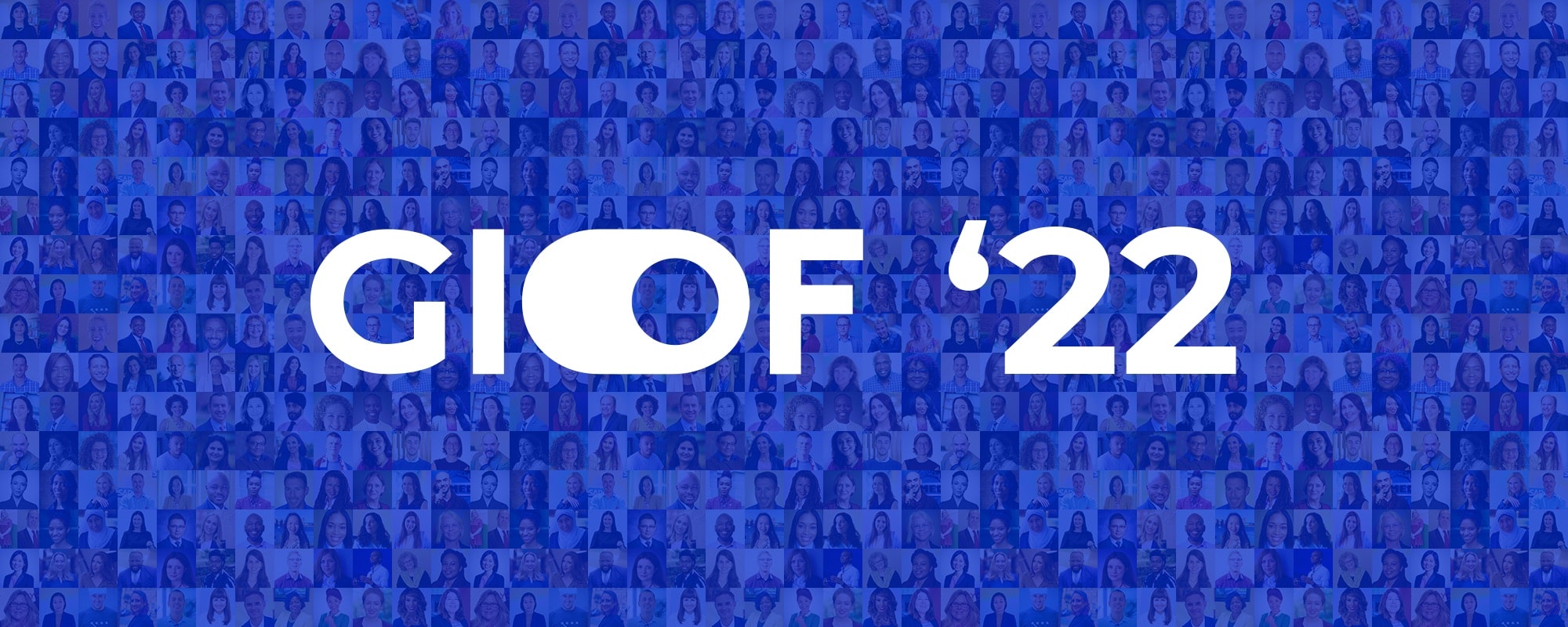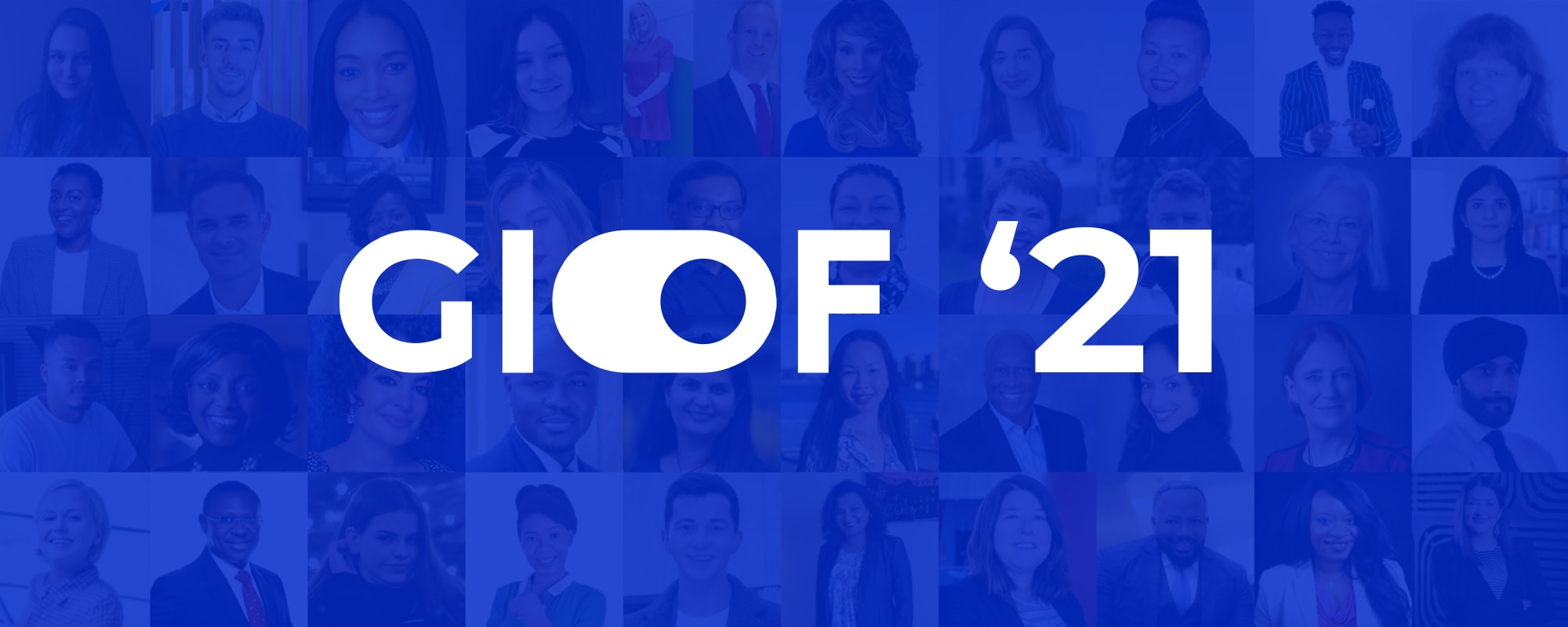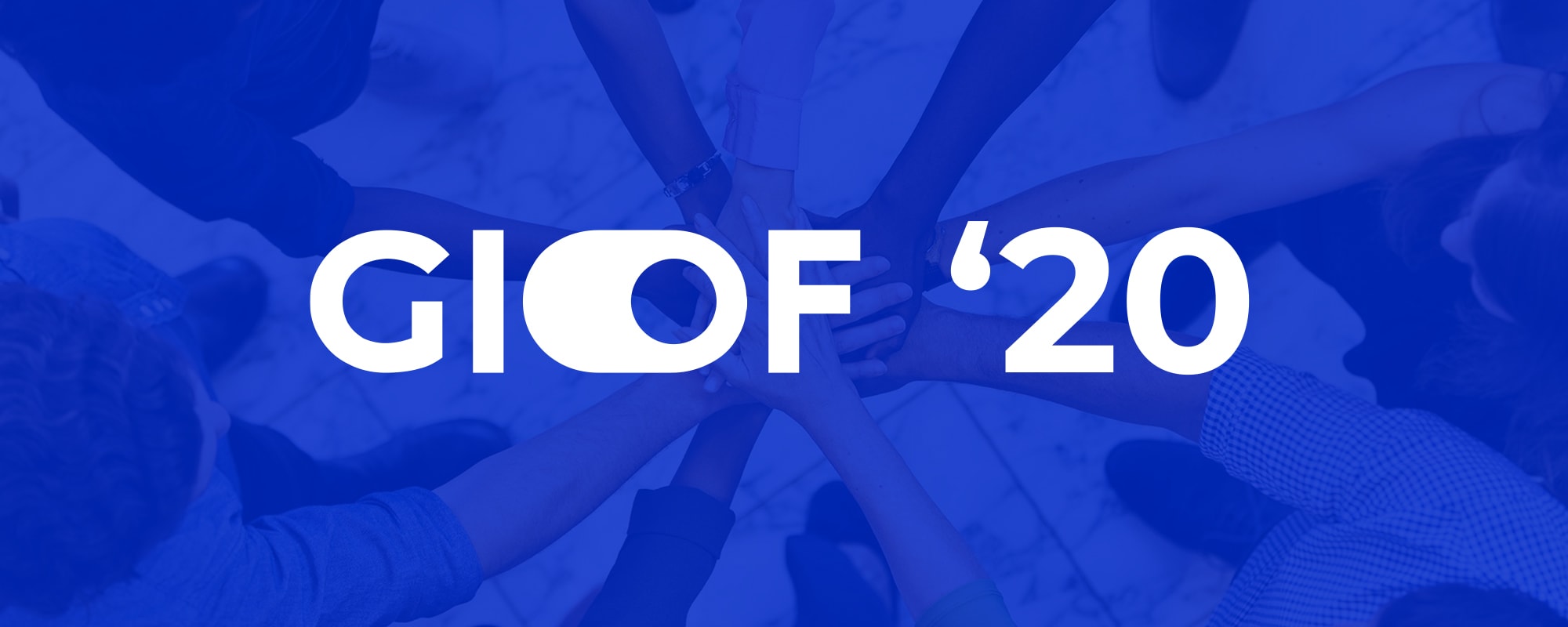Addressing Diversity Fatigue in Data Analysis and Reporting Impacting Decision Making
Understanding what diversity fatigue is and how it manifests in data analysis and reporting is essential in understanding the impact on key decision making in organisation, including where to direct efforts to drive diversity, equity and inclusion initiatives that work. Collecting and reporting on diversity data is an essential need and skill in understanding equity issues, creating an inclusive workplace and developing DEI actions that can be measured. Without inclusive datasets how is everyone counted and differences valued by organisations?
In the last few years, there has been an overwhelming demand by DEI professionals for multifactorial analysis of diversity data, as equity issues are often not detected or visible. This session will look at strategies and techniques for overcoming diversity fatigue data analysis and reporting and how to make more inclusive and effective decisions with a data driven approach.
Speakers will explore some of the common symptoms of diversity fatigue, such as disengagement, bias, masking, manipulation and poor analysis of diversity data, including examples of situations where diversity fatigue led to biased or suboptimal decision making, including DEI actions that do not hit the mark. Integrity of the data and its interpretation is critical if we need to get to the truth of the matter or come up with appropriate solutions.
Key themes and takeaways include:
-
Understanding diversity data, multifactorial analysis and identifying sensitive equity and human issues
-
Reasons for resistance to data collection including privacy, disclosure, sensitivities and ways to overcome these
-
Masking, cherry-picking, manipulation and poor analysis of data that compromises integrity
-
Key considerations to meet applicable data laws that can limit what data can be collected (and therefore potentially limit capability)
-
Some hands on tips and guidelines on how to run a successful DEI survey
This session will examine a series of simple and complex diversity data case studies, identify some of the reasons of resistance to diversity data collection, and ways to overcome these. The speakers will also cover the complexities of inclusive SEFF ID (using the Diversity Atlas Mapping Platform’s inclusive cultural diversity datasets), containing over 8500+ Cultural Heritages, 8200+ religions\worldviews and 11200+ languages.
The session will be co-facilitated by two practitioners who began their careers in science, IT and engineering.

 Blind Hiring Summit: Embracing the New Age of HR
Blind Hiring Summit: Embracing the New Age of HR DEI Data Summit
DEI Data Summit Diversity Fatigue Summit
Diversity Fatigue Summit GIOF 2022 Annual Meeting
GIOF 2022 Annual Meeting Banking for everyone: Arising accessibility trends in banking and financial services
Banking for everyone: Arising accessibility trends in banking and financial services GIOF 2021
GIOF 2021 GIOF 2020
GIOF 2020 Roman Ruzbacky
Roman Ruzbacky Rezza Moieni
Rezza Moieni